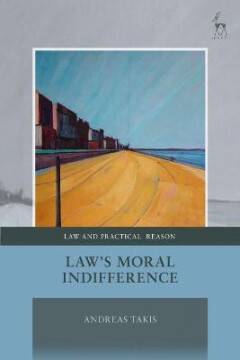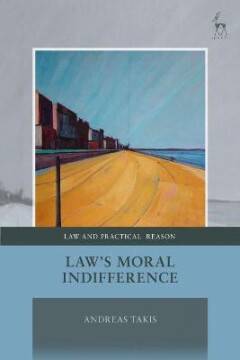
- Afhalen na 1 uur in een winkel met voorraad
- Gratis thuislevering in België vanaf € 30
- Ruim aanbod met 7 miljoen producten
- Afhalen na 1 uur in een winkel met voorraad
- Gratis thuislevering in België vanaf € 30
- Ruim aanbod met 7 miljoen producten
Zoeken
Omschrijving
This book traces the developments that established legal positivism as an almost insurmountable horizon in legal theory. But it also attempts to show that modern positivism's enduring success is due to the gradual abandonment of its core position on law's moral indifference, which, paradoxically, renders it less and less positivistic.
Specificaties
Betrokkenen
- Auteur(s):
- Uitgeverij:
Inhoud
- Aantal bladzijden:
- 264
- Taal:
- Engels
- Reeks:
Eigenschappen
- Productcode (EAN):
- 9781849460149
- Verschijningsdatum:
- 1/05/2014
- Uitvoering:
- Hardcover
- Afmetingen:
- 156 mm x 234 mm
- Gewicht:
- 500 g

Alleen bij Standaard Boekhandel
+ 183 punten op je klantenkaart van Standaard Boekhandel
Beoordelingen
We publiceren alleen reviews die voldoen aan de voorwaarden voor reviews. Bekijk onze voorwaarden voor reviews.







